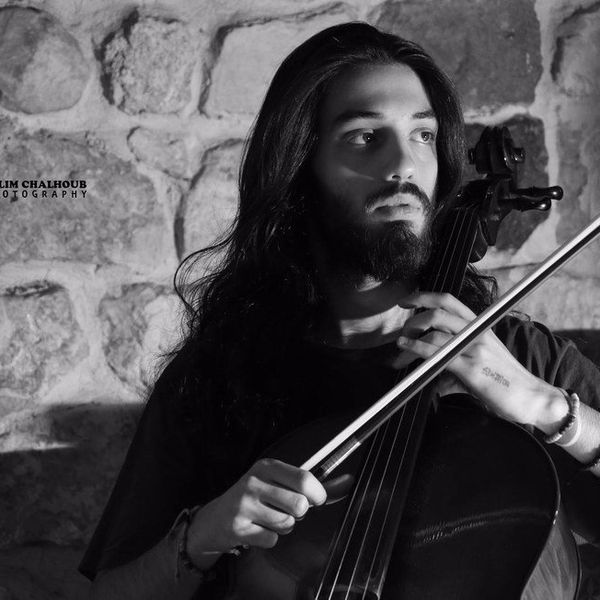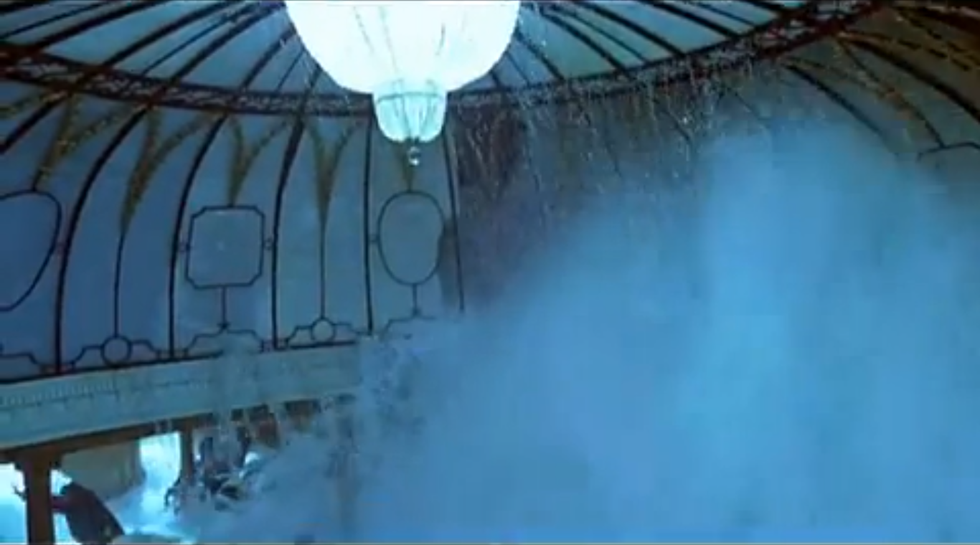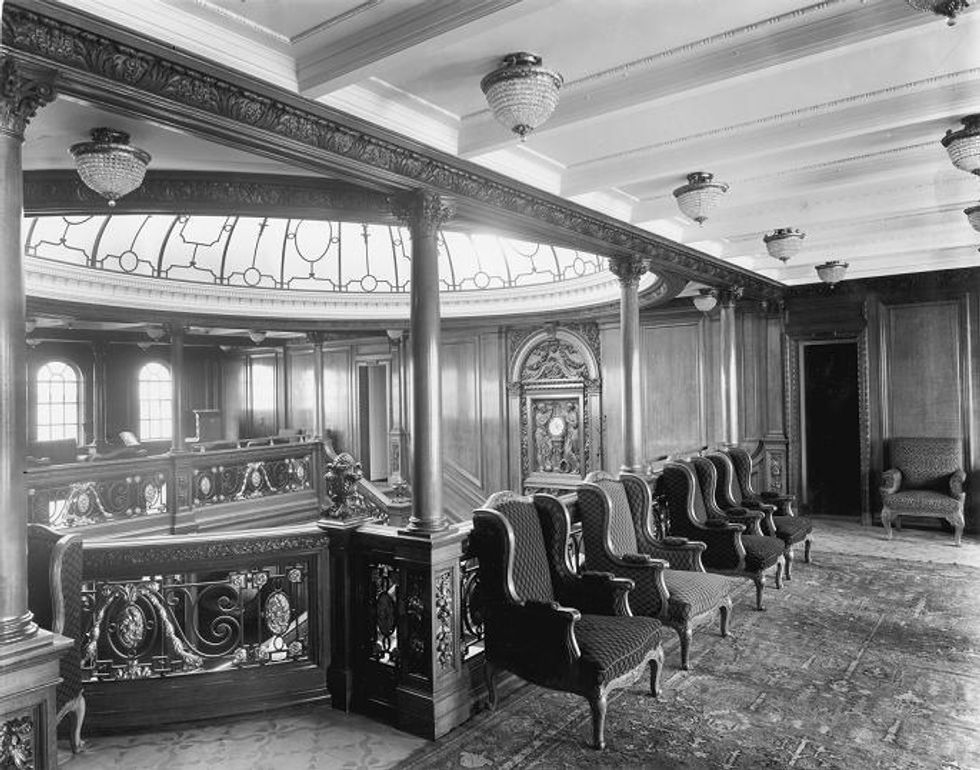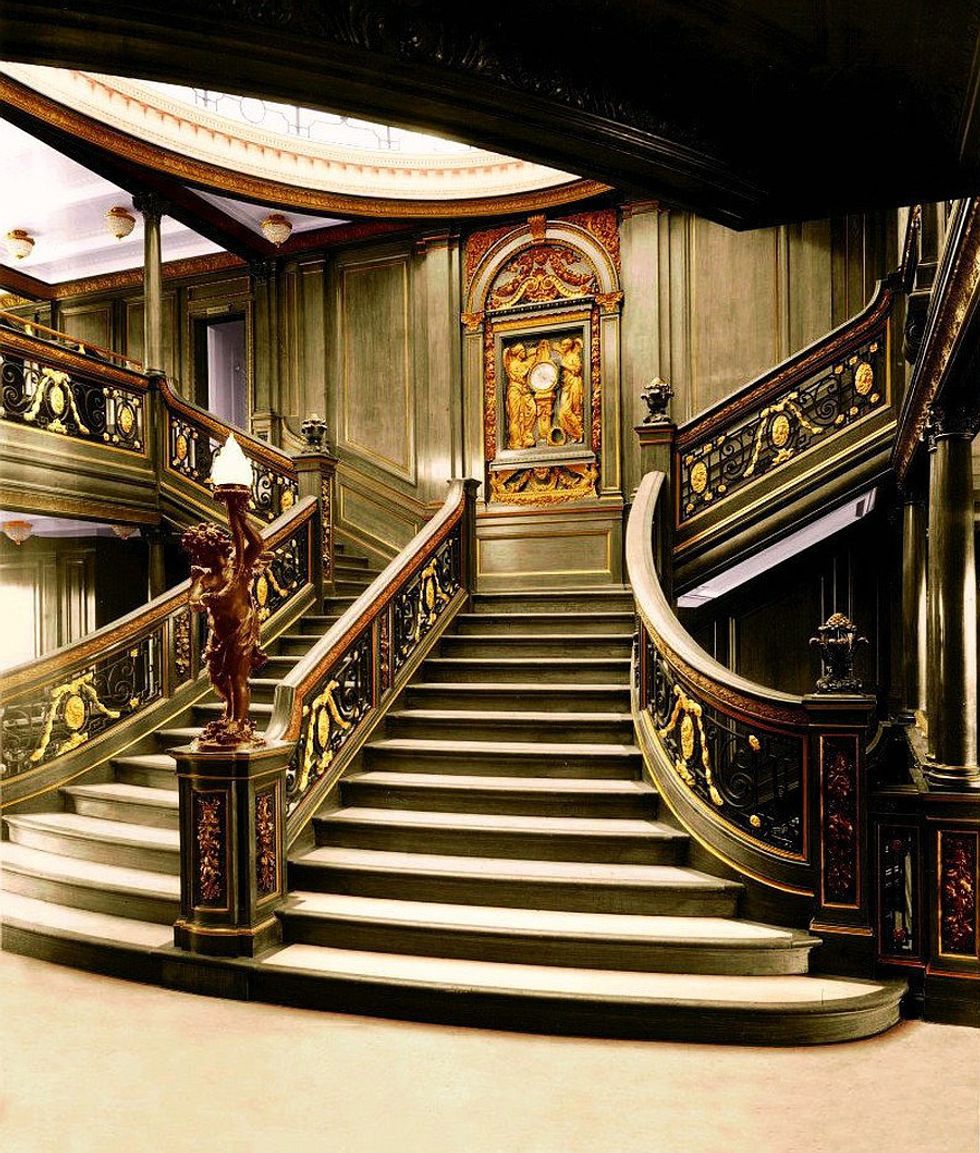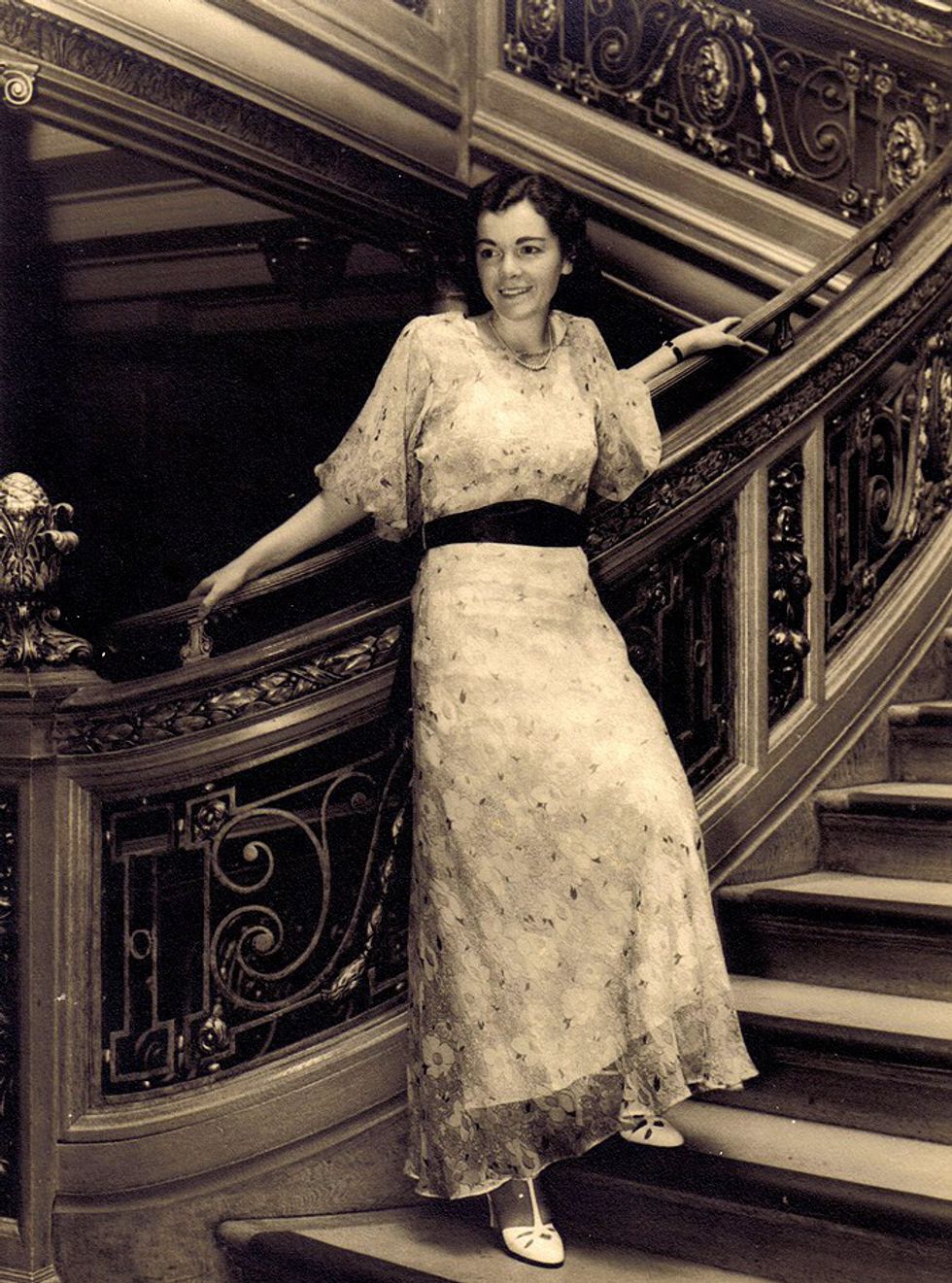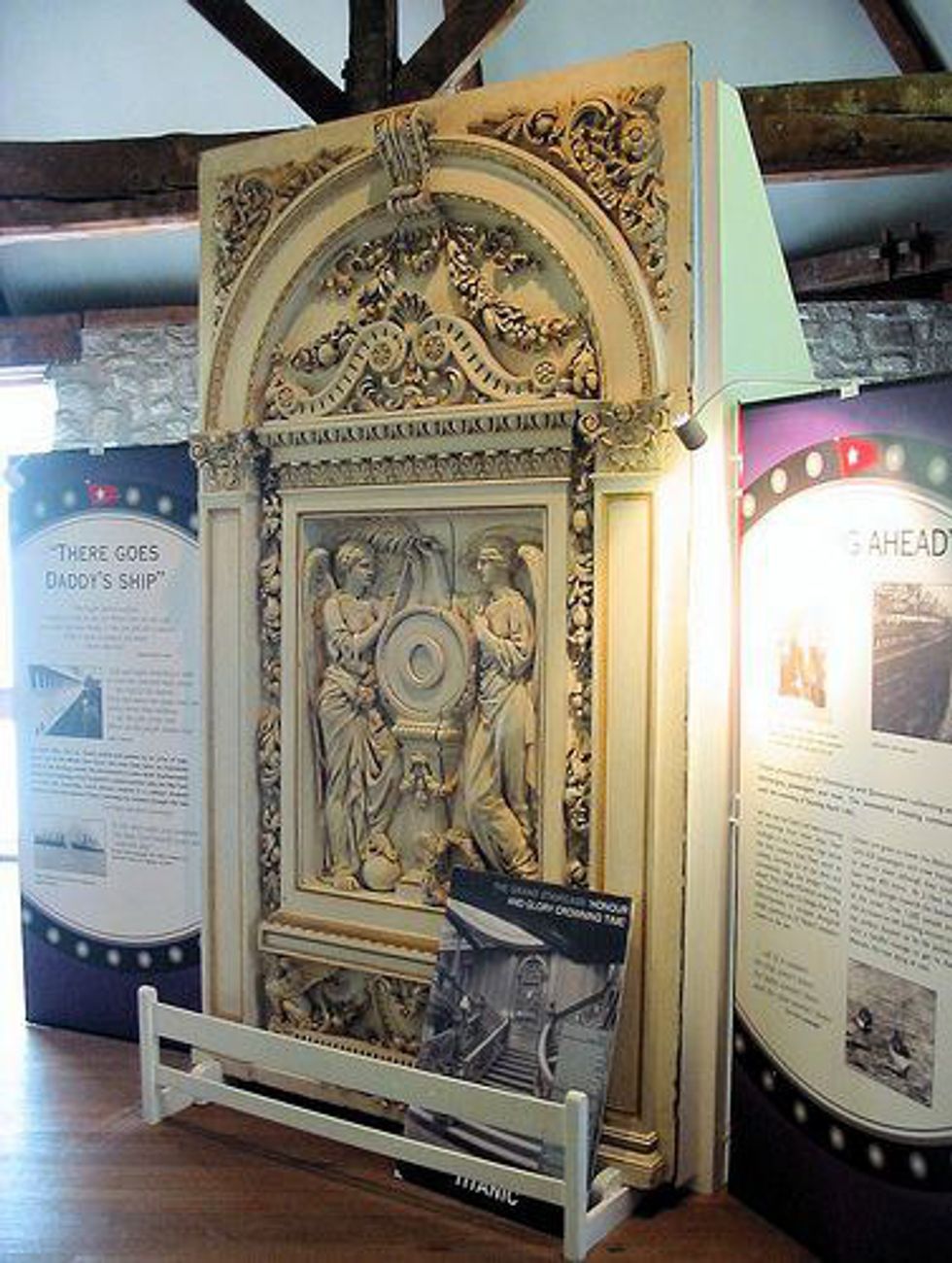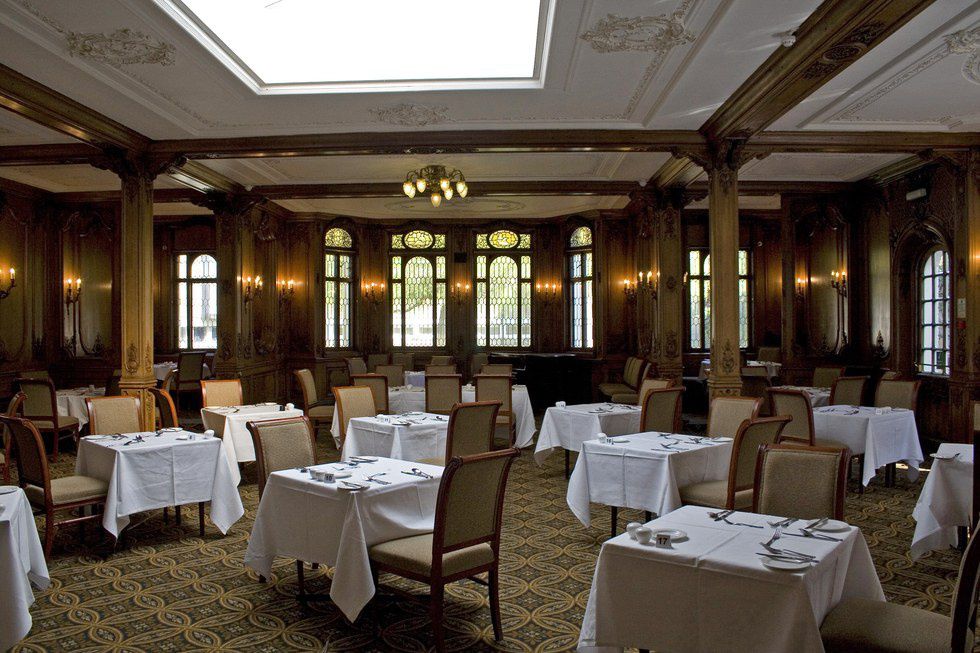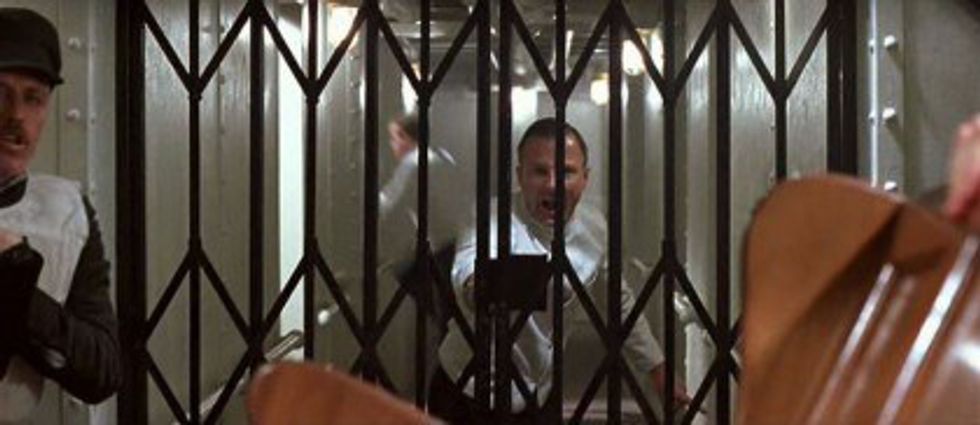Everyone knows the story of that ill-fated liner, the ship that God himself could not sink, which met a cruel fate in the unforgiving waters of the North Atlantic in the frigid early spring. The epitome of luxury, White Star’s illustrious Olympic fleet-- The RMS Olympic (1910), RMS Titanic (1912), and HMHS Britannic (1914)-- were the main competitors in the heated transatlantic rivalry with Cunard’s RMS Mauritania (1906), RMS Lusitania (1907) (yes, that Lusitania), and RMS Aquitania (1914), which were renowned for their record-breaking speeds that earned the Lusitania and Mauretania the Blue Riband Award from 1907 until 1909, and 1909 until 1929 respectively. (The Blue Riband is an unofficial award that recognizes the fastest westbound transatlantic crossing.)
Determined not to be outdone, White Star Executive J. Bruce Ismay and Harland & Wolff shipyard director William J. Pirrie sketched on a napkin the idea for a class of liners that were so luxurious, they would forever be ingrained in history as the epitome of luxury and elegance. (Please note that the pictures below are not from the Titanic herself, but from her nearly identical twin, the RMS Olympic, the interior of which was partially auctioned off before being scrapped in 1935. There are very few original photographs of the Titanic, and none whatsoever of her grand staircase. The color photo shows what the ship’s remodeling in 1932-1933 could have looked like, when the staircase’s oak paneling was painted green.)
As you can see, they more than succeeded in making the ships as fabulous as possible… At least for the wealthy elite, including Pennsylvania mining billionaire Benjamin Guggenheim, Macy’s department store founders Isador and Ida Strauss, and the richest man in the world, Colonel John Jacob Astor IV. Even for the poor in third class or “steerage,” conditions were considered to be equal to those of second class on other ships. But as fashion-forward as the Olympic class liners were, there is one flaw at the very heart of these ships that resulted in the casualties of more than 500 passenger-- the class system. In the late 1800s and early-mid 1900s, immigrants faced conditions that were less than favorable, to say the very least. Often seen as inferior to the wealthier first and second class passengers, American laws actually required gates to be constructed to prevent passengers (and disease) from entering the first and second class areas of the ship. This included the boat deck, which was a promenade for first and second class, and is also where (go figure) the lifeboats were located. After Titanic struck the iceberg and it was confirmed she would sink, orders were given to open the gates. Unfortunately, these orders did not reach the attending stewards until after most of the lifeboats had already been launched.
Every single life lost in the sinking of the Titanic was absolutely tragic, but the casualty list from the British Board of Trade’s inquiry into the disaster, coupled with the aforementioned social prejudices, seem to have more than just a passing correlation. In first class, one child, four women, and 118 men lost their lives, giving us a total of 123 deaths in first class. In second class, 13 women and 154 men perished, leading to a total of 167 lives lost in second class. But in third class, these numbers spike by an astonishing 216.17 percent, with 52 children, 89 women, and 387 men, totaling 528 people that lost their lives in third class. One must ask themselves; if the gates had not been there in the first place, would it have made a difference? Probably not, considering there were not nearly enough lifeboats for everyone aboard (even though Titanic DID meet the requirements set by the British Board of Trade) and that almost all of them were released with significantly less than half their full capacity. But what I do know is that it would at least have given them a fighting chance to save the people they cared about. Instead, societal pressures reduced them to little more than statistical numbers and artifacts two-and-a-half miles below the surface of the North Atlantic.
“Give me your tired, your poor, Your huddled masses yearning to be free, The wretched refuse of your teeming shore. Send these, the homeless, Tempest-tossed, to me: I lift my lamp beside the golden door.” These words, inscribed on the Statue of Liberty, have welcomed newcomers to this country since the dedication of the monument in 1903. My ancestors were no exception. During the sixteenth century, the Roman Catholic Church was falling apart. And when a German monk named Martin Luther nailed his “95 Thesis” to the Castle Church in Wittenberg, Germany on October 31, 1517, the sparks of discontent that dotted the continent were fanned into the flames of the Reformation that swept through Europe.
Countless different sects of Christianity branched off from the church of Rome, but among them came a rather unusual group called the “Anabaptists,” or quite literally “Those who baptize again.” (It is customary to baptize children as soon as they are born in Catholic tradition, so it is safe to assume that the people in this movement had already been baptized.) They were never really popular- quite the contrary actually- and were turned away from every country, whether Catholic or Protestant. During this vicious and bloody cycle that lasted over 200 years, my heritage has been colored with such nationalities as German, Austrian, Belgian, and Dutch. But this cycle finally ended when they finally came to Russia, making a deal with Empress Catherine the Great in 1768 that lasted until her death in 1796. But after she died, restriction after restriction were placed upon my ancestors, until finally they were forced to flee Europe entirely and came to Canada and the United States in 1888. There, they settled and continue to prosper to this day.
You may be asking yourself, “This is very interesting and all, but what does this have to do with Donald Trump and the Syrian refuge crisis?” The answer is very simple: my ancestors and I’m sure many of your ancestors- were refugees, just as much as those Syrians are. All of them risked (and some of them lost) their lives on ships like the Titanic, Olympic, and Lusitania for the chance at a better life for their children and grandchildren. The difference, however, is that we welcomed them with open arms instead of banning entry on the grounds of something like religion.
While we're on the subject, can we just take a minute to talk about how utterly stupid it is to say that someone can’t enter our country based on their religion? According to reports issued by the FBI, from 1980 through to 2005, it was far more likely to have a Jewish terrorist than an Islamic terrorist. But even if all 140,000 terrorist attacks since 1970 were committed by Islamic people, that would only count for less than a quarter of a percent of all Muslims in the world! (It's 0.00009 percent to be specific.) The only reason (besides systemic racism) people automatically assume terrorist = Muslim is due to a psychological process known as the Availability Heuristic. In layman’s terms, people’s minds automatically associate things with an immediate example. Because terrorist attacks due to extremist Islam are so frequently portrayed in the news and media, the brain uses this shortcut to automatically jump to the conclusion "because all terrorist attacks (that we see) are perpetrated by Muslims, all Muslims must be terrorists."
We need to remember the victims of the Titanic, and ensure that we do everything we can to give everyone a fair chance under the full power of the law and by the grace of God. We must remember our ancestors, and ensure that we do not inflict on others the suffering they had to endure. But above, all we must remember that these refugees are people, and have hopes, dreams, fears, and goals-- just like us. People have made this about religion and politics. But we need to remember that this is not about politics or religion, but people. Once you start looking at the world through the eyes of others, you’d be amazed at how it changes your outlook on life.

